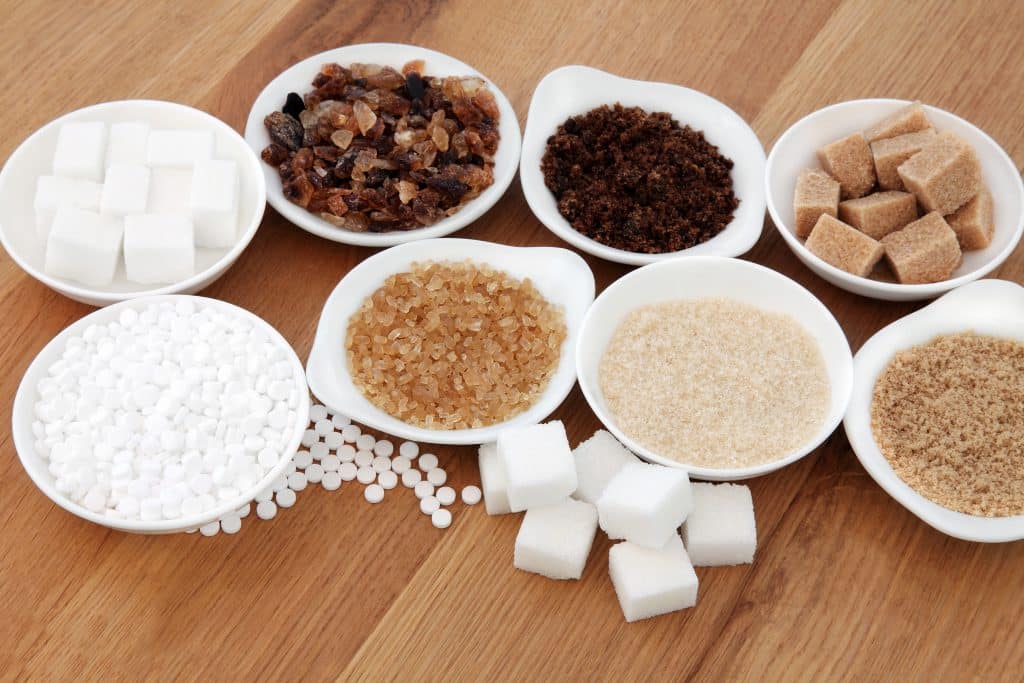Frequently Asked Questions
We’ve got the answers to your frequently asked questions about the popular low-calorie sweetener, aspartame.
Learn moreA sugar substitute is a food additive that provides a sweet taste with a reduced number of calories. Low-calorie sweeteners can serve as a sugar substitute because it provides consumers with a sweet taste without the calories or carbohydrates. Because these sweeteners are much sweeter than sucrose, the amounts needed to achieve the desired sweetness are so small that they are considered virtually non-caloric. Aspartame is one of the many low-calorie sweeteners (sugar substitutes) in the United States.

Aspartame is a low-calorie sweetener used in a variety of low- and reduced-calorie foods and beverages around the world. As it is 200 times sweeter than sugar, only tiny amounts of aspartame are needed to achieve the desired sweetness, reducing the number of calories compared with sugar. Aspartame is also one of the most thoroughly studied food ingredients ever, with more than 200 scientific studies confirming its safety.
Aspartame is found in products around the world, including carbonated soft drinks, powdered soft drinks, chewing gum, confections, gelatins, dessert mixes, puddings and fillings, frozen desserts, yogurt, tabletop sweeteners, and some pharmaceuticals such as vitamins and sugar-free cough drops. In the United States, food ingredients, including aspartame, must be listed in the ingredient statement on the food label.

With more than 200 studies attesting to its safety, aspartame is one of the most researched food additives in the world and has a long history of safe use. A thorough review of the research by The European Food Safety Authority released in 2013 concluded that aspartame is safe for the general population including infants, children and pregnant women. Scientists from the U.S. Food & Drug Administration (FDA) have also reviewed the scientific data regarding the safety of aspartame in food and concluded that it is safe for the general population. According to the U.S. Department of Agriculture, aspartame is one of the most exhaustively studied substances in the human food supply.
Since aspartame contains phenylalanine, aspartame is not recommended for individuals with phenylketonuria (PKU), a rare hereditary disease, who have difficulty in metabolizing phenylalanine.
We’ve got the answers to your frequently asked questions about the popular low-calorie sweetener, aspartame.
Learn moreSubstituting aspartame for sugar or other calorie-containing sweeteners allows people to indulge sweet cravings while consuming fewer calories.
Learn more